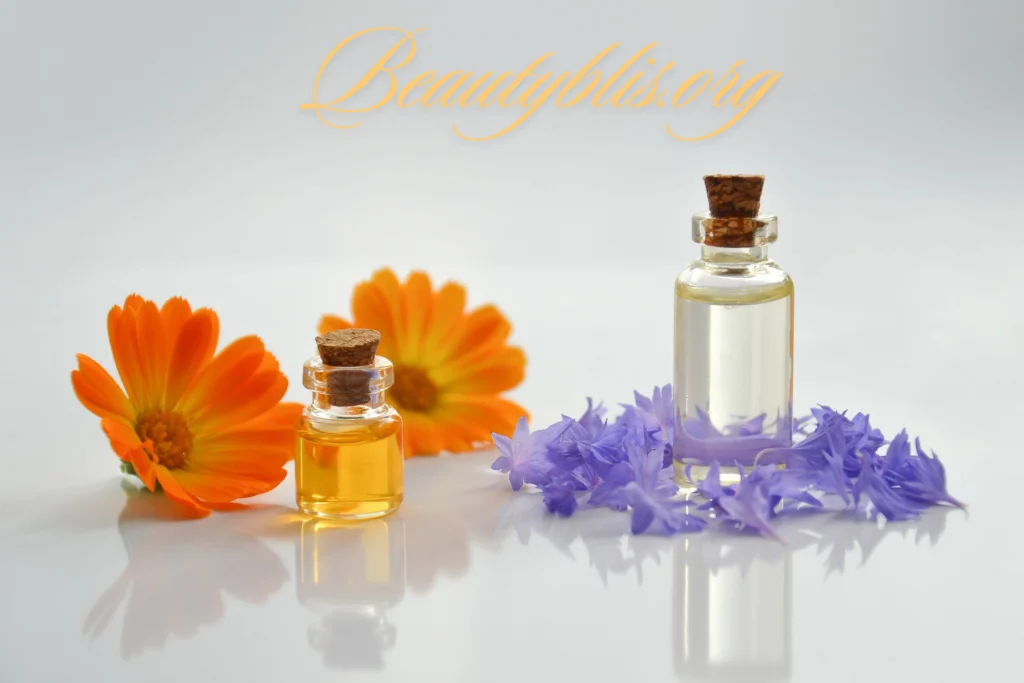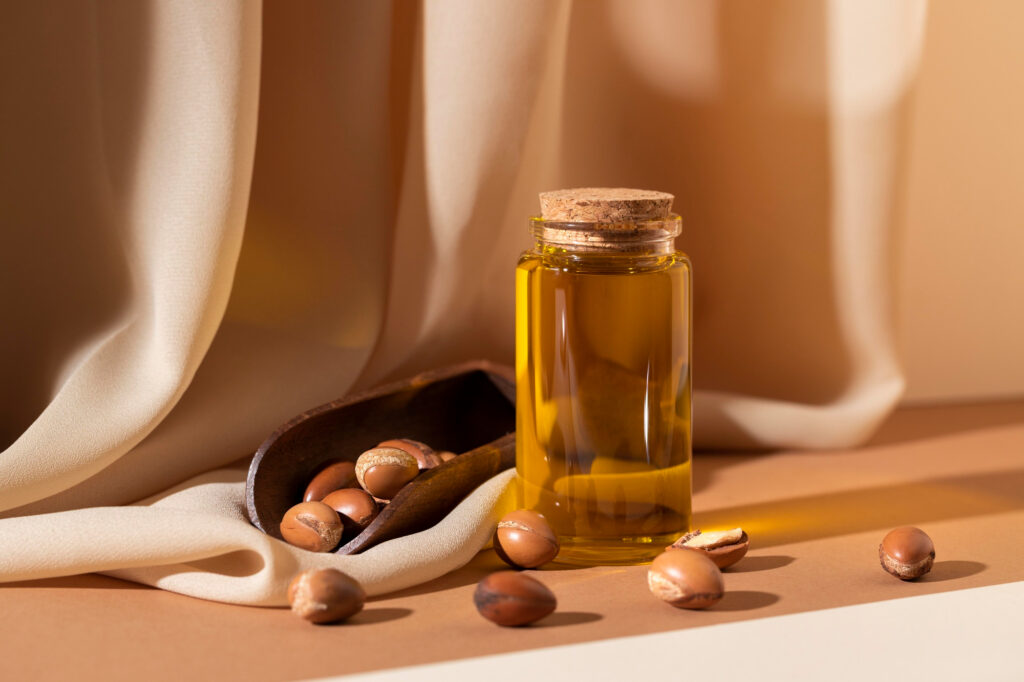Are you struggling with scalp irritation and wondering if argan oil could be the solution? You’re not alone. Many people experience discomfort and sensitivity on their scalp, which can be caused by various factors, including dryness, allergies, or even harsh hair products. Argan oil, known for its nourishing and soothing properties, has gained popularity as a natural remedy for scalp issues. In this article, we’ll explore how argan oil can help alleviate scalp irritation, its benefits, potential side effects, and tips for incorporating it into your hair care routine.
Understanding Scalp Irritation
Scalp irritation can manifest in several ways, including redness, itching, flakiness, and discomfort. Common causes include:
- Dryness: Environmental factors, such as cold weather or low humidity, can strip moisture from the scalp.
- Allergic Reactions: Ingredients in shampoos or hair products may trigger allergic responses.
- Skin Conditions: Conditions like psoriasis or eczema can lead to inflammation and irritation.
- Poor Hygiene: Infrequent washing can lead to a buildup of dirt and oil, causing irritation.
Recognizing the cause of your scalp irritation is crucial in determining the best treatment.
The Benefits of Argan Oil for Scalp Health
Argan oil is derived from the nuts of the argan tree, native to Morocco. It is rich in essential fatty acids, antioxidants, and vitamins, making it a powerful ally for scalp health. Here are some key benefits:

1. Deep Moisturization
Argan oil is known for its ability to penetrate the scalp and hair shaft, providing deep hydration. This is particularly beneficial for individuals suffering from dryness, as it helps restore moisture balance and alleviate flakiness.
2. Anti-Inflammatory Properties
The anti-inflammatory properties of argan oil can help soothe irritated skin. It contains oleic and linoleic acids, which can reduce redness and inflammation associated with scalp conditions.
3. Rich in Nutrients
Argan oil is packed with vitamins E and A, which are essential for maintaining healthy skin and hair. Vitamin E, in particular, is known for its antioxidant properties, helping to protect the scalp from environmental damage.
4. Promotes Healthy Hair Growth
By nourishing the scalp and improving its overall health, argan oil can promote healthier hair growth. A well-hydrated and irritation-free scalp creates an optimal environment for hair follicles to thrive.
How to Use Argan Oil for Scalp Irritation
Incorporating argan oil into your hair care routine can be simple and effective. Here are some methods to consider:

1. Argan Oil Scalp Massage
A scalp massage with argan oil can provide immediate relief from irritation while promoting circulation.
Instructions:
- Warm 2 tablespoons of pure argan oil in your hands.
- Part your hair into sections and apply the oil directly to your scalp.
- Massage gently in circular motions for 5-10 minutes.
- Leave it on for at least 30 minutes before washing it out with a mild shampoo.
2. Argan Oil Hair Mask
Combining argan oil with other soothing ingredients can enhance its effectiveness.
Ingredients:
- 2 tablespoons of argan oil
- 1 tablespoon of honey (for its moisturizing properties)
- 1 tablespoon of aloe vera gel (for soothing irritation)
Instructions:
- Mix all ingredients in a bowl until smooth.
- Apply the mixture to your scalp and hair, focusing on irritated areas.
- Cover with a shower cap and leave it on for 30-60 minutes.
- Rinse thoroughly and shampoo as usual.
3. Argan Oil Leave-In Treatment
For ongoing scalp hydration, consider using argan oil as a leave-in treatment.
Instructions:
- After washing your hair, apply a few drops of argan oil to your palms.
- Rub your hands together and gently distribute the oil onto your scalp and hair ends.
- Style as usual; this will provide moisture throughout the day.
Potential Side Effects of Argan Oil
While argan oil is generally safe for most people, some individuals may experience allergic reactions or irritation. It’s essential to perform a patch test before using it extensively. Apply a small amount of argan oil to a discreet area of your skin and wait 24 hours to see if any adverse reactions occur.

When to Seek Professional Help
If your scalp irritation persists despite using argan oil or worsens over time, it may be time to consult a dermatologist. They can help identify underlying conditions and recommend appropriate treatments tailored to your needs.
Conclusion
Argan oil is a versatile and effective remedy for scalp irritation, offering deep hydration, anti-inflammatory benefits, and essential nutrients. By incorporating it into your hair care routine, you can soothe your scalp and promote healthier hair growth. Remember to perform patch tests and consult a professional if your symptoms persist.
For more insights on natural hair care solutions, check out our articles on Essential Oils for Scalp Health and Natural Remedies for Dandruff.
Meta Description
Discover how argan oil can alleviate scalp irritation. Learn its benefits, usage tips, and when to seek professional help for a healthier scalp.
By understanding the role of argan oil in scalp health, you can take proactive steps to achieve a more comfortable and nourished scalp, paving the way for beautiful, healthy hair.
